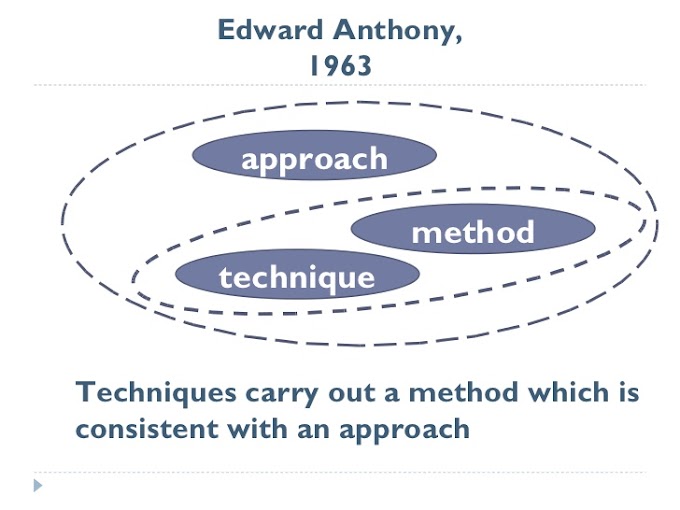Shaw takes a realistic view about love and marriage and exposes the hollowness of romantic love in Arms and the Man. He does not believe in romantic notions of love and marriage. In the play he admits the value of love in human life and presents a matter of fact attitude towards marriage.
Raina and Sergius are two apostles of romantic love. They are engaged to each other. When Raina learns from his mother that Sergius has won a great victory at the battle of Slivnitza, she becomes wild in joy. She thinks that all her heroic ideas about Sergius have been proved true. She takes the portrait of Sergius, but does not kiss it or press it to her breast or show any mark of physical love. She worships the portrait like a priestess and addresses it as the hero of her soul.
When Sergius returns from the battle field, Raina idealises him as a hero and a king. Sergius, too, idealises her as a queen. She tells him that they have found ‘higher love,’ and in this state of ‘higher love’ when he is in her mind, she can do nothing base or think anything ignoble. She also asserts that he has been always present in her mind. Sergius reciprocates this higher love by saying that all his deeds of bravery were possible only on account of the inspiration that he got from her. His love and devotion to her gave him courage to fight “like a knight in a tournament with his lady looking down at him.”
Soon afterwards, when Raina goes out of his sight, he sheds his romantic illusions. His sexual instinct is stirred by the physical charm of the maid-servant, Louka. He makes amorous advances towards her. When she goes to offer him coffee, he catches hold of her hand. Then letting her hand go to avoid scandal.But he is tenacious. She, then, tells him to stand back so that they may not be seen by others. He takes her into the stable yard gateway to be hidden themselves. He tries to kiss her. She avoids him and tells him that gentlemen are all alike. At that time she informs him that while he is making love to her behind Raina’s back, Raina is also doing the same thing behind his back. She also poisons his ear by saying that Raina will marry the Swiss officer, if he comes back again.
Raina’s romantic illusion about love begins to break when she meets Bluntschli. Bluntschli tells her what is true about life and war. He describes Sergius’ cavalry charge from a realistic point of view. He tells her that the leader of the cavalry charge was not like a real hero. He led the charge like an utter fool. He tried to show his bravery but did not realise that if the Serbians had the right kind of ammunition in their machine guns, the Bulgarians could be massacred. It lowers her ideas about Sergius. She begins to feel sympathy for Bluntschli. She gives him shelter and chocolates. When he is to leave the house in the morning, she gives him the old coat in the pocket of which she puts her photograph with the inscription: “Raina to her Chocolate Cream Soldier: a Souvenir” intending for Bluntschli.
Being jealous, Sergius accuses Raina of loving Bluntschli and of allowing him to make love to her behind his (Sergius’) back. He also accuses her of being received him (Bluntschli) in her bedroom late at night. Raina wonders, “Oh, what sort of god is this I have been worshipping!” Then she also accuses him of flirting with the maid servant, Louka. She realises Sergius real character and becomes completely disillusioned about him, and begins to feel even more drawn towards Bluntschli.
Hence both Raina and Sergius get rid of their ‘higher love.’ Sergius’ romantic love for Raina vanishes at the touch of his real passion for Louka. When he is exposed, he declares to marry Louka and Louka, on her parts, accepts him because it is her ambition to marry a person above her station. Raina agrees to marry Bluntschli because she finds him a practical minded man with great common sense and lot of first-hand knowledge of life and human nature. She also finds in him economic security and comfort.
Thus Shaw shows that love is not a romance but a reality. According to him love and marriage should be based on mutual understanding and economic security.





0 Comments